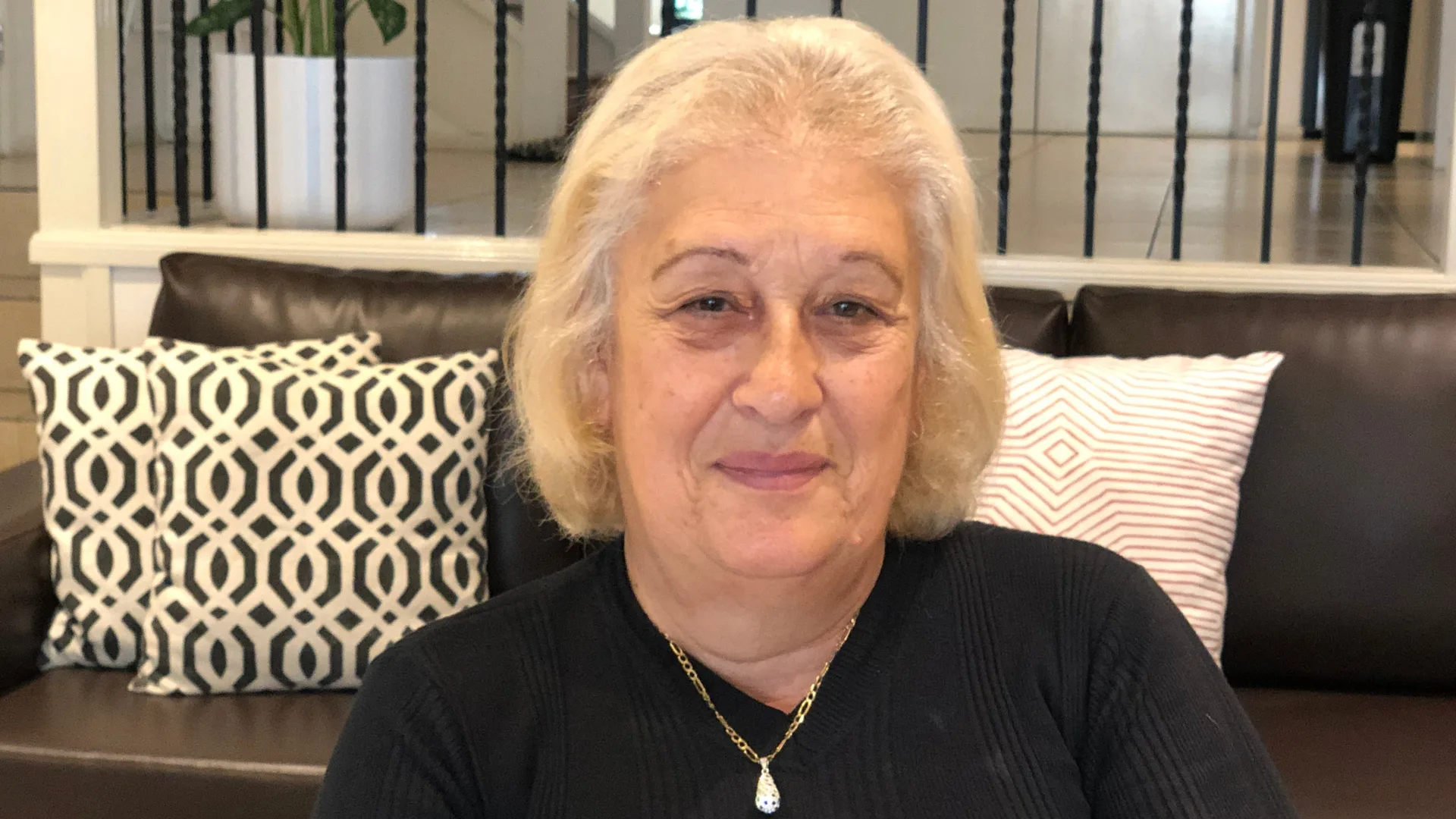By Kay Pavlou*
Greek Cypriot refugee Stella Papavasilliou was pregnant when Turkey invaded Cyprus in 1974. As the 50th anniversary of that occupation approaches on July 20 this year, she will never forget her beloved Cyprus.
Stella was born in 1954 in Kythrea, 10 kilometres north of Nicosia, the capital of Cyprus.
“We were poor but we had a good life. We were a loving family and my village was a beautiful – full of fruit trees and a natural spring,” she said.
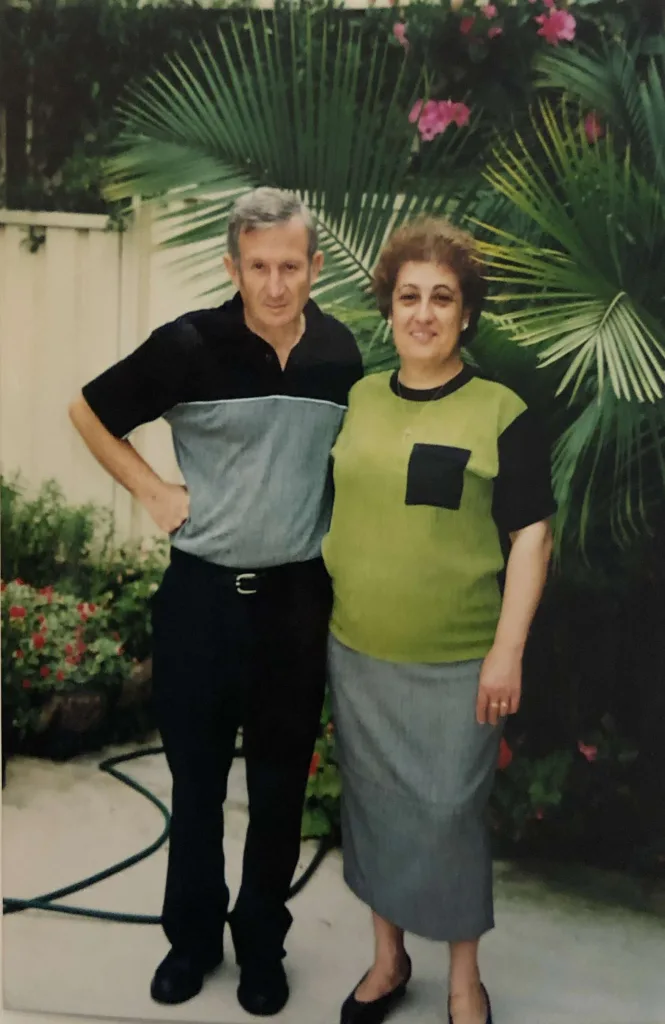
When the Turkish army invaded her village in 1974, her fiancé immediately enlisted.
“It was a Saturday, they invited the reserve soldiers and my fiancé, Iacovos, volunteered.
On the first day, he was injured. By the time they took him to hospital, he lost of lot of blood and we lost him. I was five months pregnant. In one week, I was to marry, I had my house, the baby was on the way. My world was upside down,” Stella explained.
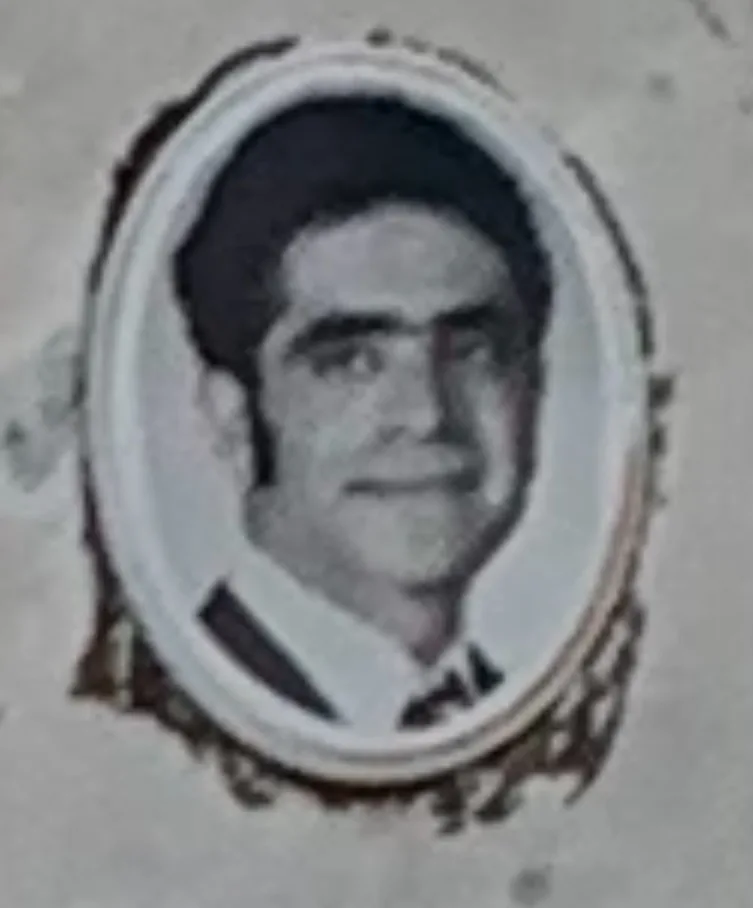
“They came and removed us – we had no money, no clothes. I had my nightie when I left, carrying a coat. The Red Cross took me and my mother to a Turkish hospital. They told me I had to leave because if my child is a boy, they would take him for their army. But I was lucky, some people helped me to escape. After a month I gave birth to my son.”
After Stella safely gave birth to her son, she faced the challenges of survival as a single mother in a war zone.
“We couldn’t go back to our houses. How can you live as a refugee with a small child?” she asked rhetorically.
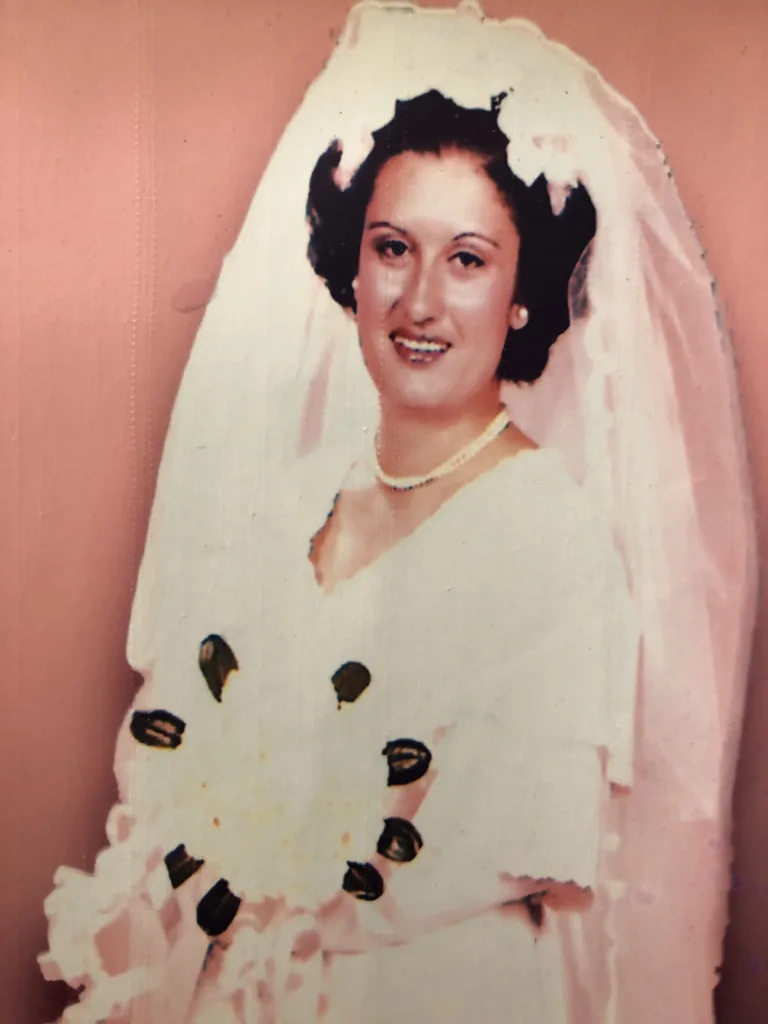
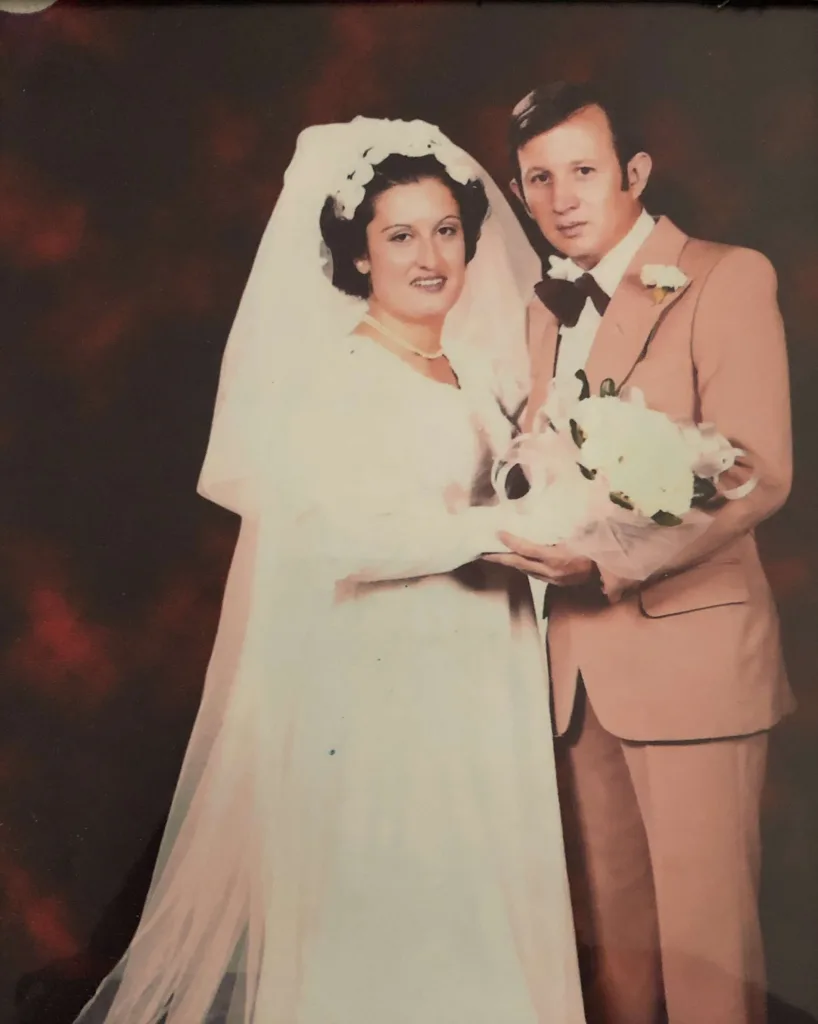
Three years later, she was offered an unexpected opportunity to start a new life.
“When I was 25, Vasos, a man from my village living in Australia, was approached by some of my relatives and he offered to bring me to Australia,” she explained.
When Stella was not granted a visa, Vasos travelled to Cyprus where they were soon married.
“We came here and created our family. I brought my son and we had a daughter together. Vasos was very good with the kids. Doesn’t matter that Iacovos wasn’t his son, he brought him up as if he was his own. Unfortunately, Vasos got sick and we lost him three years ago,” she said.
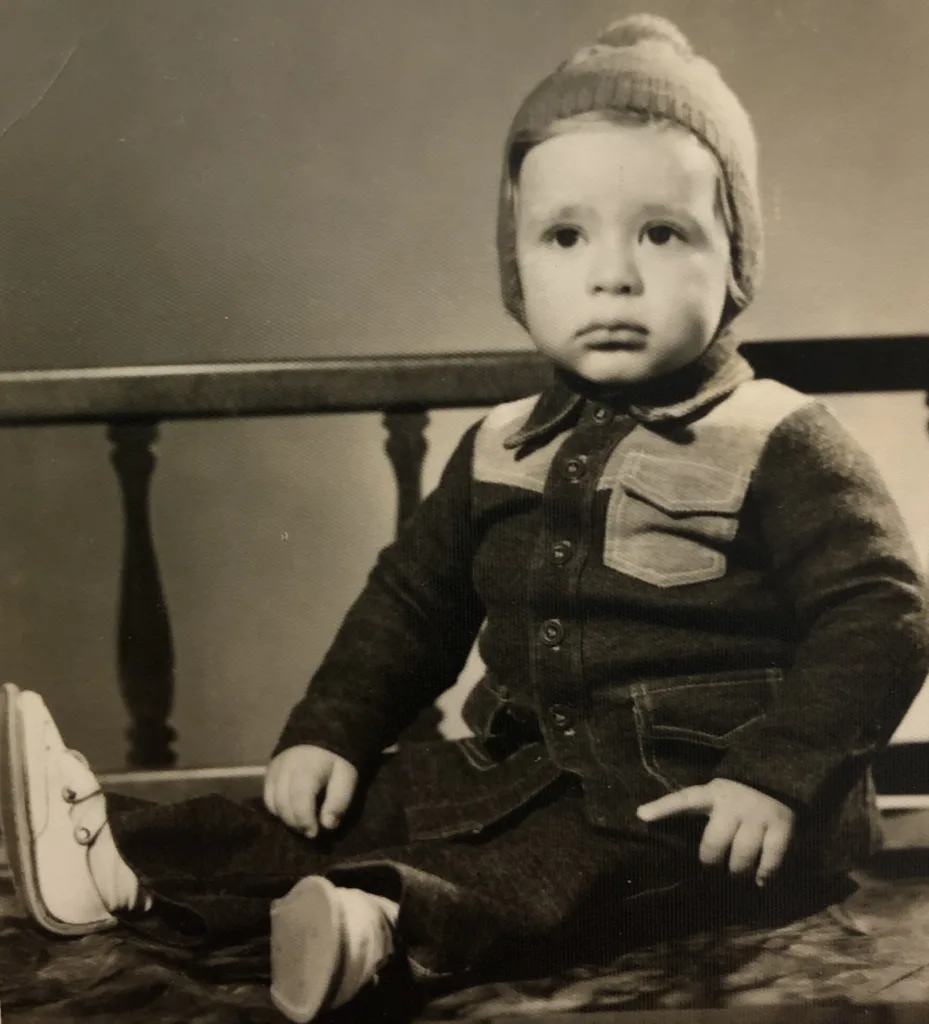
“I gave my son the name of his father, Iacovos Theothorou. Even though we lost him, his name would remain.”
Iacovos uses the English version of his name, Jack.
“My mum was pregnant with me when the invasion occurred. I didn’t really know until I was 15-16 that my father got shot in Cyprus. I was under the impression that my mum’s second husband was my biological father. It was shock. But I take a lot of sense of pride out of that. I had a father who was prepared to defend his country and his family,” Jack jumped in.
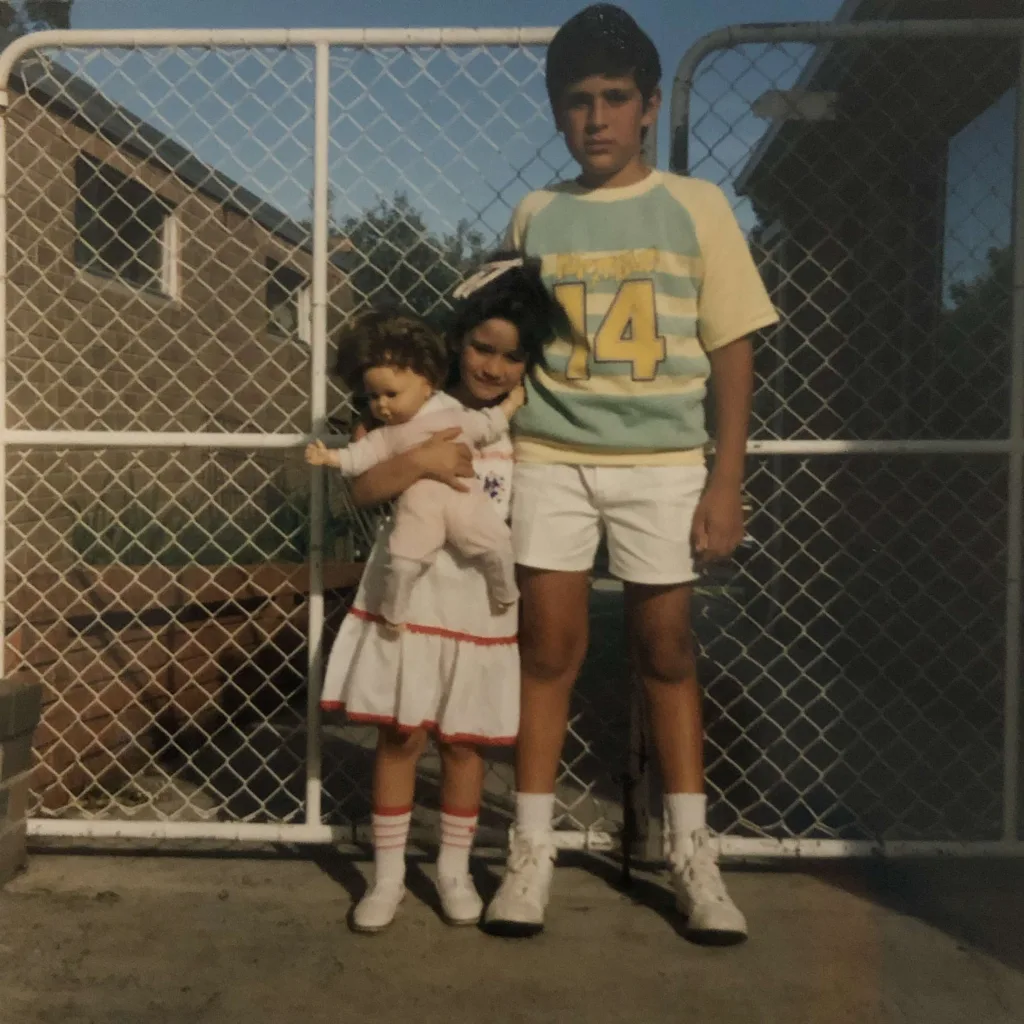
“I love Cyprus. There’s a lot of trauma there. Even though they have lost everything, lost family members, they are still they able to show love towards people. They are just so resilient.”
“For me, I have Turkish Cypriot friends. They had nothing to do with what happened, so I don’t hold any grievances or ill will against anyone. For mum, it’s different because she went through a lot over there.
“For me, Cyprus is beautiful but very far away. I remember when we had a good life. It was in our dreams, and they are still our dreams. As long as I breathe, I will be waiting. To see a solution before we close our eyes. I don’t forget Cyprus. But I live here, this is my home now. That’s how it is.”
* Stella Papavasilliou’s story features in Kay Pavlou’s new one-hour documentary Two Homelands. In the documentary, six elderly Greek Cypriots reflect on their war-torn homeland and life in Australia. Find out where you can view the documentary here.
